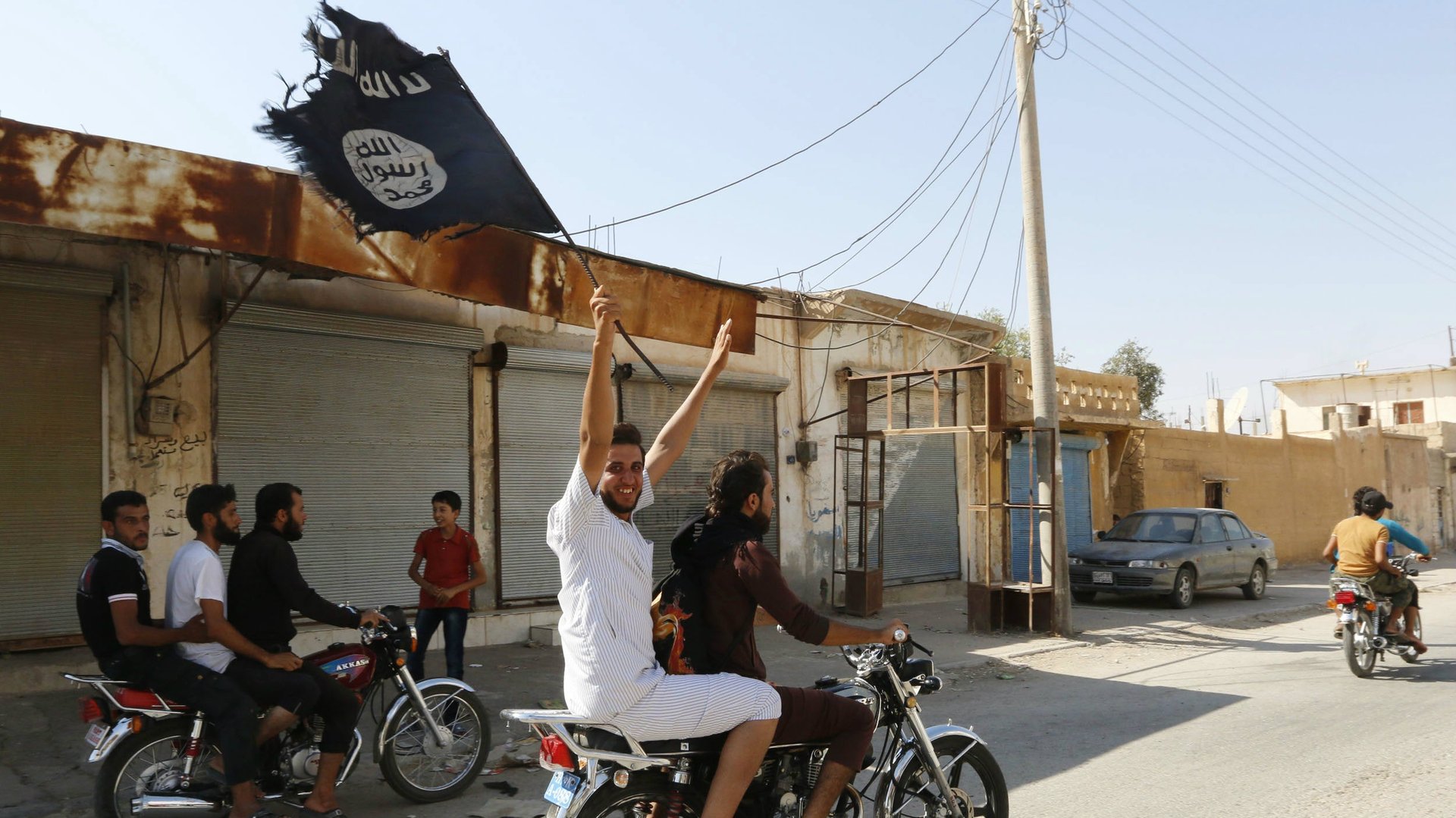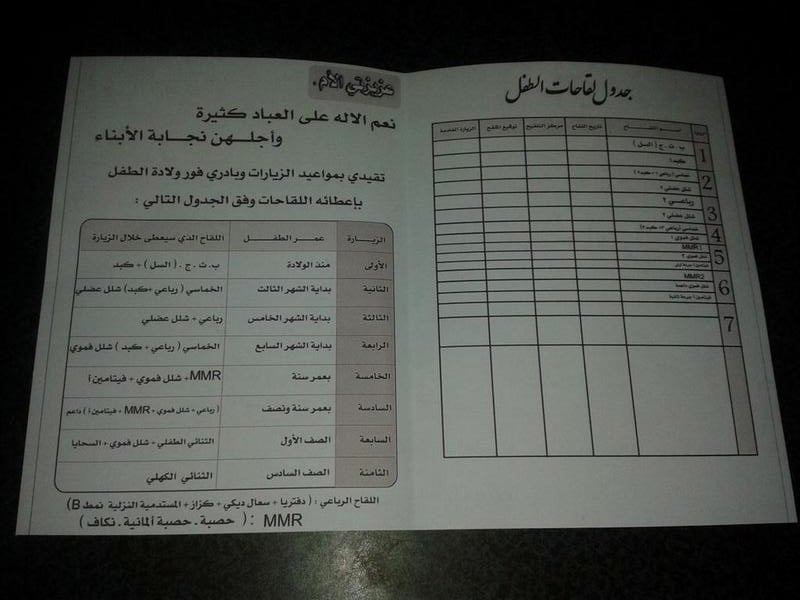How ISIL works: Price controls, vaccination programs, and $40 million a month in taxes
With a ruthless army of jihadists, ISIL is already operating a “proto-state,” despite what Western governments say. But the extent of how the so-called Islamic State works on a daily basis is starting to be revealed.


With a ruthless army of jihadists, ISIL is already operating a “proto-state,” despite what Western governments say. But the extent of how the so-called Islamic State works on a daily basis is starting to be revealed.
It even has a timetable for vaccinations for children to prevent the spread of disease in the territory it controls in Syria and Iraq—more than some parts of the US could manage.

By analyzing tweets by supporters and militants, researchers have gained remarkable insight into the world’s richest terrorist group. This analysis has shown that the group has cancelled all lessons in philosophy, English and French literature, and tourism, and has strict protocols for waste disposal (link in Arabic)—put dirt in barrels and don’t throw stuff out of car windows; failure to follow the rules can result in a fine.
Recent leaked documents obtained by The Guardian have revealed further details of ISIL’s blueprint for the “caliphate,” and outline rules and regulations for matters including health, education, and commerce. ISIL has so far established around 16 centralized departments to overlook and govern the regions it controls. To help carry out these tasks, ISIL has advertised job opportunities in its social service and education departments in the last year. The report also highlights the effort that goes into indoctrinating children from an early age, adding further evidence that young children are used to carry out violent acts.
The documents show the notable shift in how the terrorist group operates. It initially policed how people dressed, but is now trying to desperately assert its jurisdiction across Iraq and Syria and unify the two separate countries, while protecting the borders of the Islamic State. ISIL imposes rent and price controls on a variety of goods across the region it controls, and has put a great deal of effort into an anti-corruption drive to try and placate the people living there.
The terrorist group is bringing in around $80 million every month, according to analysts at IHS. Most of its funding—around 50%—comes from taxation and confiscation of property in the areas it controls. Despite being the target of international airstrikes, ISIL’s oil fields continue to be lucrative; oil funds 43%, to the terrorist group’s total revenues. In August 2014, ISIL was thought to be controlling more than a dozen oil fields in Iraq and Syria. Drug smuggling, donations, and the sale of electricity make up the remainder of its income.
The report notes that, unlike al-Qaeda, ISIL is not heavily dependent on foreign donors for money.
ISIL’s oil fields have been the target of air strikes, with the most recent bombing campaign carried out by Britain. The UK Ministry of Defence hopes to “cut off the terrorists’ oil revenue at the very source.” IHS’s report suggests airstrikes by the US-led coalition are having some impact; they have significantly affected the terrorist group’s refining capacity and ability to transport oil. The Pentagon claims airstrikes have crippled ISIL’s oil industry in Syria.
The report notes, however, that its far more difficult to make a dent in taxes, ISIL’s largest source of revenue, with airstrikes.